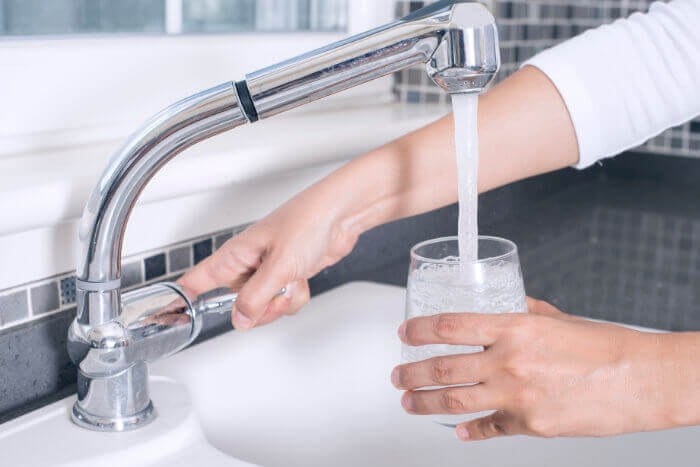If you've noticed a musty, mildew-like smell coming from your kitchen sink, you're not alone. This unpleasant odor can be caused by a variety of factors, including mold and bacteria growth, food debris, and plumbing issues. The first step in eliminating the smell is to identify the root cause. Musty smell in sink water can be caused by stagnant water, which provides the perfect breeding ground for mold and bacteria. This can happen if your sink is not used frequently or if there is a clog in the drain that is preventing water from flowing properly. Food debris can also contribute to a smelly sink. When small particles of food get stuck in the drain or garbage disposal, they can start to decompose and produce a foul odor. This is especially common if you frequently wash dishes or dispose of food scraps in the sink. Plumbing issues can also be to blame for the mildew smell in your sink water. A leak in the pipes can lead to water pooling in the drain, creating a breeding ground for mold and bacteria. Additionally, if your pipes are old or rusty, they can give off a musty odor that can transfer to your sink water.1. Causes of a Smelly Kitchen Sink
Now that you know the potential causes of the mildew smell in your kitchen sink, it's time to tackle the issue head on. Here are some tips for getting rid of the unpleasant odor and restoring fresh, clean water to your sink. Clean your sink regularly to prevent the buildup of mold and bacteria. Use a mixture of hot water and dish soap to scrub the sink and drain, making sure to remove any visible food debris. You can also use a mixture of baking soda and vinegar to help eliminate any lingering odors. Flush out your pipes by running hot water down the drain for a few minutes. This will help break up any clogs and remove any stagnant water that may be contributing to the smell. You can also add a few drops of essential oils, such as lemon or tea tree, to help freshen up the pipes. Use a garbage disposal cleaner to help break down and remove any food particles that may be stuck in the disposal. This will not only help eliminate the smell, but it will also help prevent future odors from developing.2. How to Get Rid of Mildew Smell in Sink
In addition to cleaning your sink and pipes, there are some other tips you can follow to help eliminate the mildew smell in your kitchen sink. Run cold water down the drain after using the garbage disposal. This will help wash away any food particles that may have been left behind, preventing them from decomposing and causing a smell. Use a drain cover to prevent food and debris from going down the drain. This will help reduce the amount of buildup in the pipes and can also prevent clogs. Regularly clean your garbage disposal by grinding up ice cubes and lemon slices. This will help remove any buildup and freshen up the disposal.3. Tips for Eliminating Mildew Odor in Kitchen Sink
There are a few common reasons why your sink water may have a musty, mildew-like smell. By understanding these reasons, you can take the necessary steps to eliminate the odor and prevent it from returning. Stagnant water is a common culprit for a musty smell in sink water. If you notice that the smell is worse when the water has been sitting for a while, it's likely due to stagnant water in the pipes. Mold and bacteria growth can also cause a musty smell in sink water. This can happen if there is a buildup of food particles or if the pipes are not cleaned regularly. Plumbing issues such as leaks or old pipes can also lead to a musty smell in sink water. If you suspect that your plumbing may be the issue, it's best to call a professional plumber to assess and fix the problem.4. Common Reasons for a Musty Smell in Sink Water
Regular cleaning and maintenance is key to keeping your kitchen sink smelling fresh and clean. Here are some steps you can follow to thoroughly clean and deodorize your sink. Clean the sink and drain using hot water and dish soap. Scrub the sink with a sponge or brush, and use a toothbrush to clean around the drain and faucet. Rinse with hot water and dry with a clean cloth. Deodorize the sink by sprinkling baking soda over the sink and drain. Let it sit for a few minutes, then scrub with a sponge or brush. Rinse with hot water and dry with a clean cloth. Use lemon or vinegar to help eliminate any lingering odors. You can cut a lemon in half and rub it along the inside of the sink and drain, or pour a cup of vinegar down the drain and let it sit for a few minutes before rinsing with hot water.5. How to Clean and Deodorize a Smelly Kitchen Sink
If you prefer to use natural, DIY solutions to eliminate the mildew smell in your sink drain, there are a few options you can try. Baking soda and vinegar is a powerful combination for removing odors and buildup in the sink drain. Pour 1/2 cup of baking soda down the drain, followed by 1/2 cup of vinegar. Let it sit for a few minutes, then rinse with hot water. Essential oils such as lemon, tea tree, and lavender have natural antibacterial properties and can help freshen up your sink drain. Simply add a few drops of your preferred oil to hot water and pour it down the drain. Salt and baking soda can also help eliminate odors and clogs in the sink drain. Mix equal parts salt and baking soda, then pour it down the drain. Let it sit for a few minutes, then pour hot water down the drain to flush it out.6. DIY Solutions for Mildew Smell in Sink Drain
If you're looking for more natural remedies to eliminate the mildew odor in your sink, there are several options you can try. Apple cider vinegar has natural antibacterial properties and can help eliminate odors in the sink drain. Simply pour 1/2 cup of apple cider vinegar down the drain and let it sit for a few minutes before rinsing with hot water. Borax is a natural cleaning agent that can help remove mold and bacteria from the sink drain. Mix 1/4 cup of borax with 1/2 cup of hot water, then pour it down the drain. Let it sit for a few minutes, then rinse with hot water. Citrus peels can also help freshen up the sink drain. Simply drop a few lemon or orange peels down the drain and run hot water for a few minutes.7. Natural Remedies for Getting Rid of Mildew Odor in Sink
The best way to deal with a mildew smell in your kitchen sink is to prevent it from happening in the first place. Here are some tips to help keep your sink smelling fresh and clean. Run hot water down the sink after each use. This will help flush out any food particles and prevent them from decomposing and causing a smell. Use a sink strainer to catch any food particles before they go down the drain. Empty the strainer regularly to prevent clogs and odors. Clean your garbage disposal regularly to prevent the buildup of food particles and bacteria. You can use a garbage disposal cleaner or DIY solution, such as ice cubes and lemon slices, to keep it fresh and clean.8. Preventing Mildew Smell in Kitchen Sink Water
If you've tried all of the DIY methods and the mildew smell in your sink is still lingering, it may be time to call in a professional plumber. Here are some tips they may recommend for removing the smell. Check for leaks in the pipes and repair them if necessary. This will prevent water from pooling in the drain and creating a breeding ground for mold and bacteria. Replace old pipes if they are rusty or have a buildup of mold and bacteria. This will not only help eliminate the smell, but it will also improve the overall health of your plumbing system. Use a professional drain cleaner to help remove any buildup in the pipes that may be causing the smell. They may also recommend a regular drain cleaning schedule to prevent future odors.9. Professional Tips for Removing Mildew Smell from Sink
In summary, the most common causes of mildew smell in sink water are stagnant water, mold and bacteria growth, and plumbing issues. To eliminate the smell, it's important to regularly clean your sink and drain, flush out the pipes, and address any plumbing problems that may be contributing to the odor. By following these tips and using natural, DIY solutions, you can keep your kitchen sink smelling fresh and clean, and ensure that your water is safe and pleasant to use.10. Common Causes and Solutions for Mildew Smell in Sink Water
Why Does Your Kitchen Sink Water Smell Like Mildew and How to Fix It

The Culprit: Bacteria and Mold
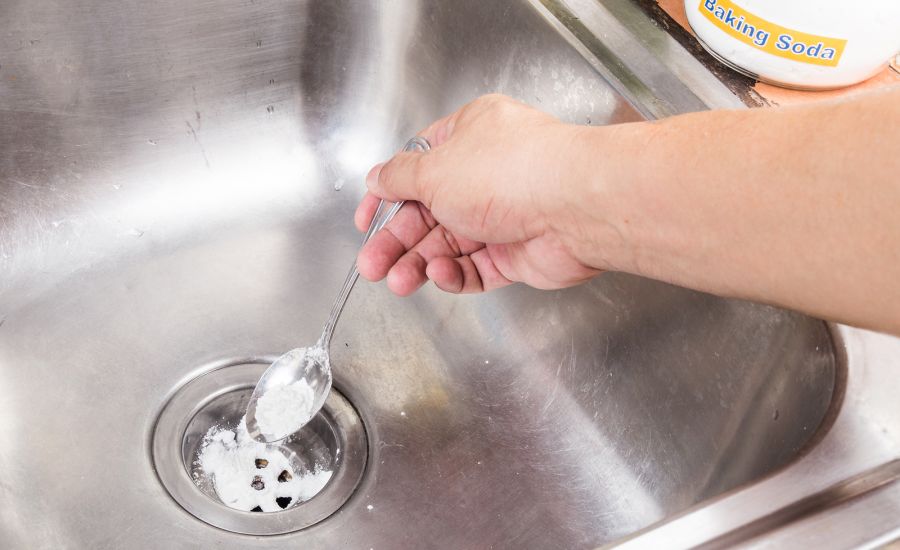 When you turn on your kitchen sink, the last thing you want to smell is a musty, mildew odor. However, if your sink water has been emitting this unpleasant smell, chances are that bacteria and mold are the culprits.
Bacteria and mold thrive in moist environments, making your kitchen sink a perfect breeding ground for them.
The combination of food particles, soap residue, and dampness creates an ideal environment for these microorganisms to grow and spread, causing that distinct mildew smell in your sink water.
When you turn on your kitchen sink, the last thing you want to smell is a musty, mildew odor. However, if your sink water has been emitting this unpleasant smell, chances are that bacteria and mold are the culprits.
Bacteria and mold thrive in moist environments, making your kitchen sink a perfect breeding ground for them.
The combination of food particles, soap residue, and dampness creates an ideal environment for these microorganisms to grow and spread, causing that distinct mildew smell in your sink water.
The Impact on Your Health and Home
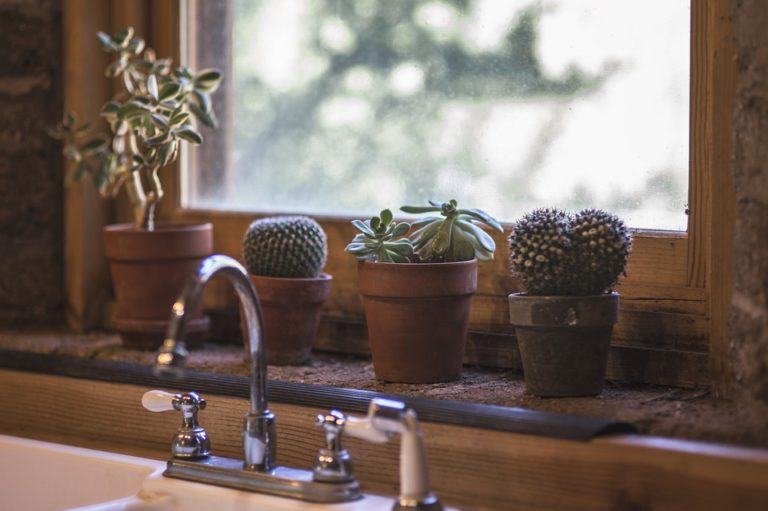 Aside from the unpleasant odor,
the presence of bacteria and mold in your kitchen sink can also have negative effects on your health and home.
Bacteria can cause food-borne illnesses, while mold can trigger respiratory issues and allergies. Moreover,
if left untreated, these microorganisms can spread to other areas of your home, compromising the overall cleanliness and hygiene of your living space.
Aside from the unpleasant odor,
the presence of bacteria and mold in your kitchen sink can also have negative effects on your health and home.
Bacteria can cause food-borne illnesses, while mold can trigger respiratory issues and allergies. Moreover,
if left untreated, these microorganisms can spread to other areas of your home, compromising the overall cleanliness and hygiene of your living space.
How to Get Rid of the Smell
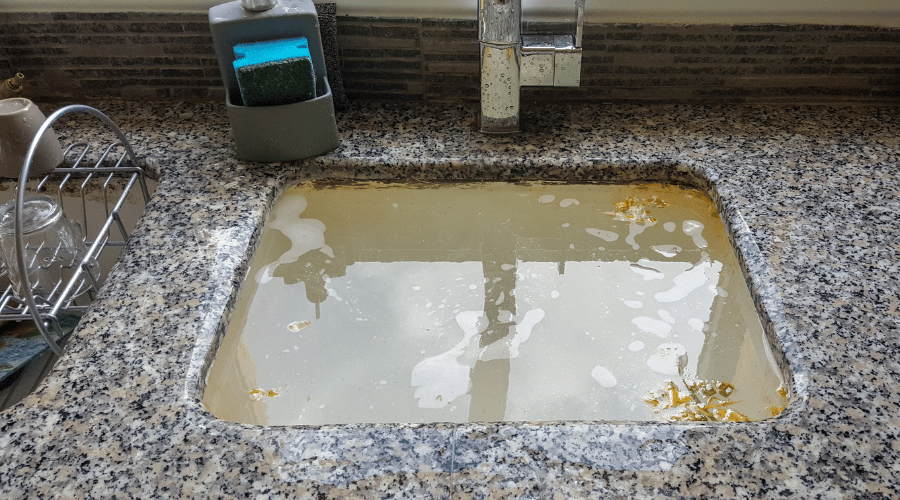 The good news is that you don't have to live with the smell of mildew in your kitchen sink water.
There are several simple and effective ways to get rid of the smell and eliminate the bacteria and mold causing it.
First, try pouring a mixture of white vinegar and baking soda down your drain. The acidic properties of vinegar can help kill bacteria and mold, while baking soda can act as a deodorizer. You can also try using a commercial drain cleaner or a bleach solution to disinfect and deodorize your sink.
The good news is that you don't have to live with the smell of mildew in your kitchen sink water.
There are several simple and effective ways to get rid of the smell and eliminate the bacteria and mold causing it.
First, try pouring a mixture of white vinegar and baking soda down your drain. The acidic properties of vinegar can help kill bacteria and mold, while baking soda can act as a deodorizer. You can also try using a commercial drain cleaner or a bleach solution to disinfect and deodorize your sink.
Preventing Future Odors
 Once you've eliminated the smell, it's important to take preventative measures to keep it from coming back.
Regularly cleaning and disinfecting your kitchen sink can prevent bacteria and mold growth.
You can also try pouring boiling water down your drain once a week to help prevent build-up. Additionally,
make sure to properly dry your sink after each use to prevent excess moisture and discourage bacteria and mold growth.
In conclusion, a kitchen sink water that smells like mildew is not only unpleasant but also a sign of potential health and hygiene issues. By understanding the causes and taking preventive measures, you can eliminate the odor and keep your kitchen sink clean and fresh. So next time you turn on your kitchen sink and smell that familiar musty odor, don't panic, just take action and get rid of it for good.
Once you've eliminated the smell, it's important to take preventative measures to keep it from coming back.
Regularly cleaning and disinfecting your kitchen sink can prevent bacteria and mold growth.
You can also try pouring boiling water down your drain once a week to help prevent build-up. Additionally,
make sure to properly dry your sink after each use to prevent excess moisture and discourage bacteria and mold growth.
In conclusion, a kitchen sink water that smells like mildew is not only unpleasant but also a sign of potential health and hygiene issues. By understanding the causes and taking preventive measures, you can eliminate the odor and keep your kitchen sink clean and fresh. So next time you turn on your kitchen sink and smell that familiar musty odor, don't panic, just take action and get rid of it for good.





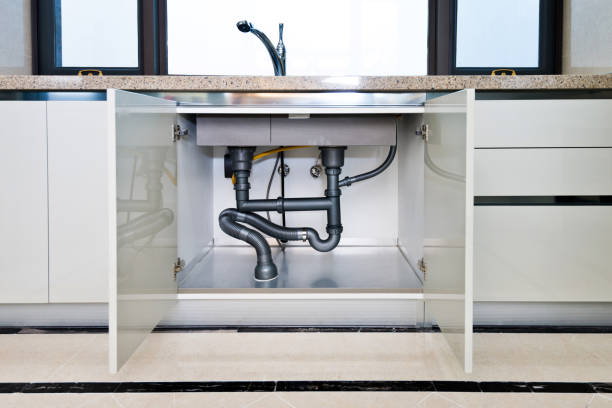
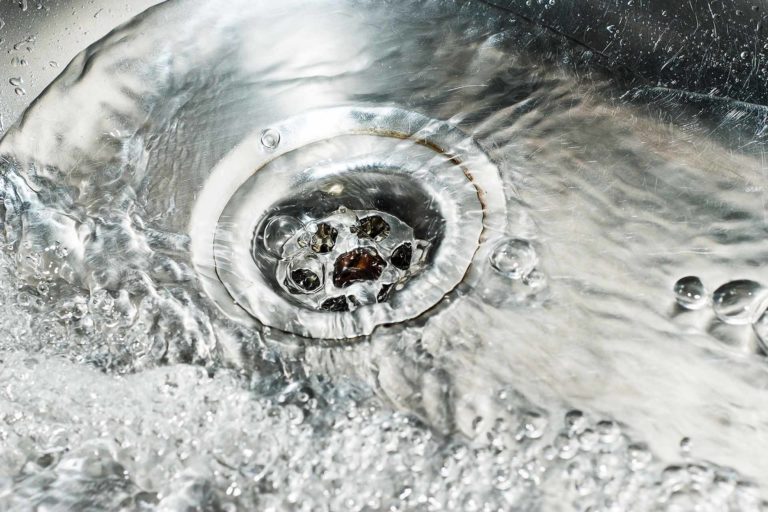

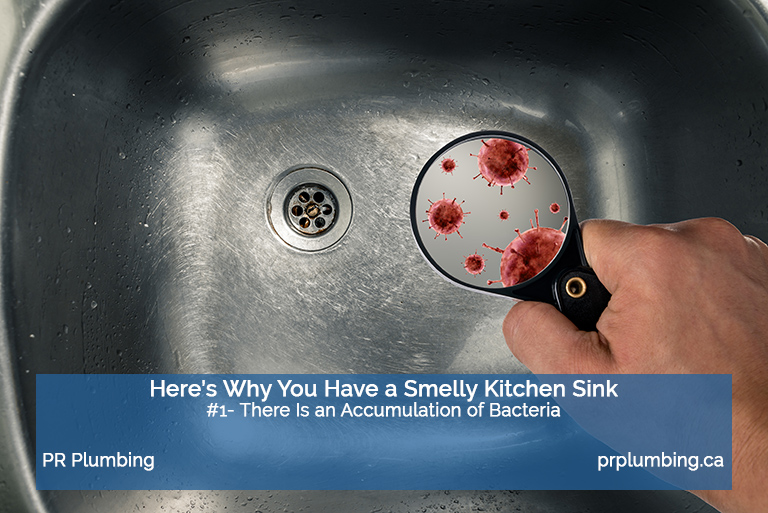


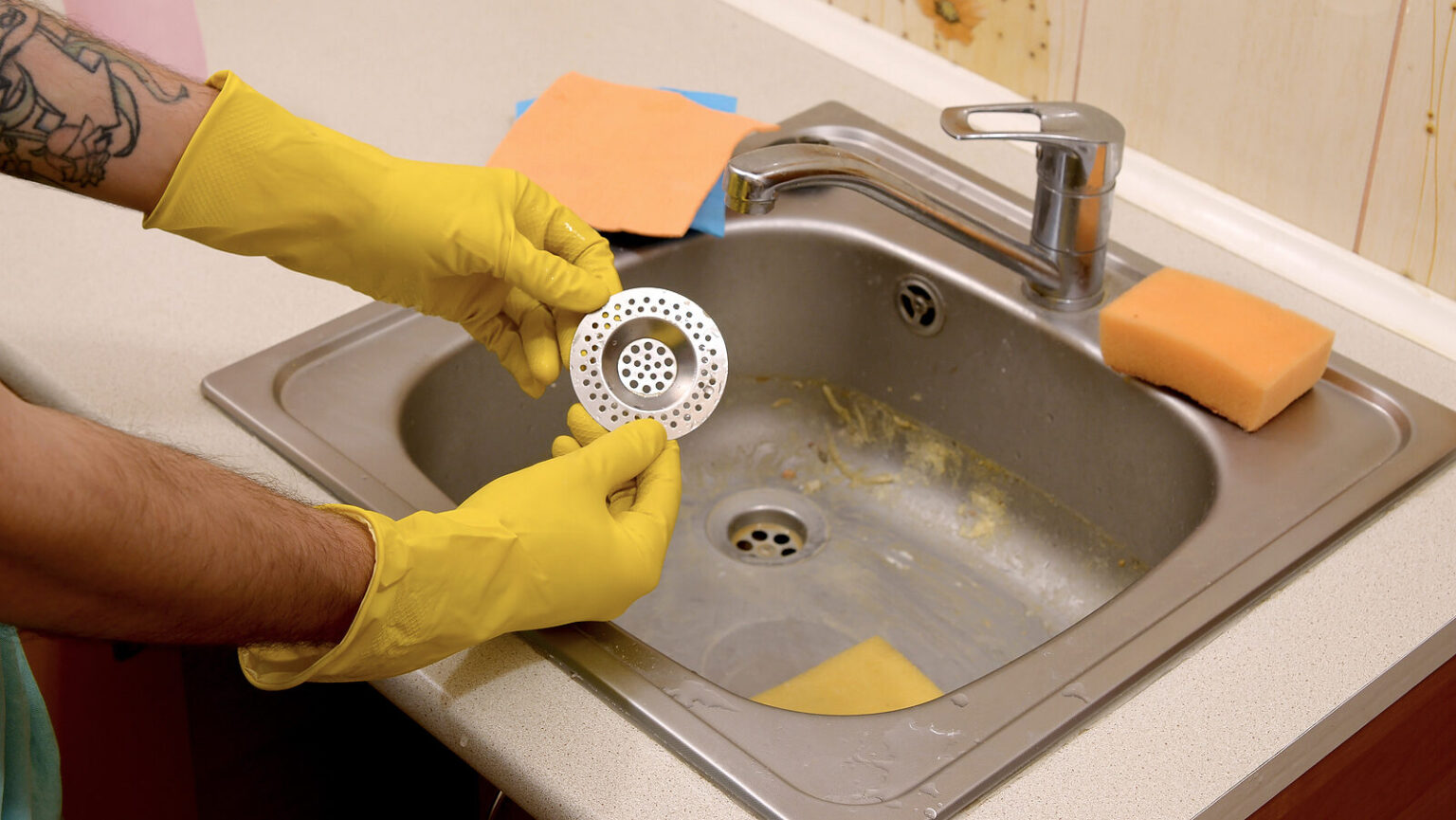



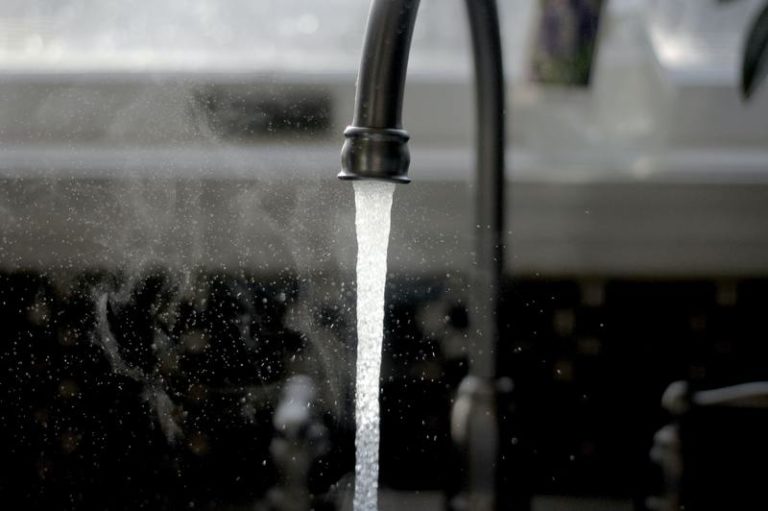


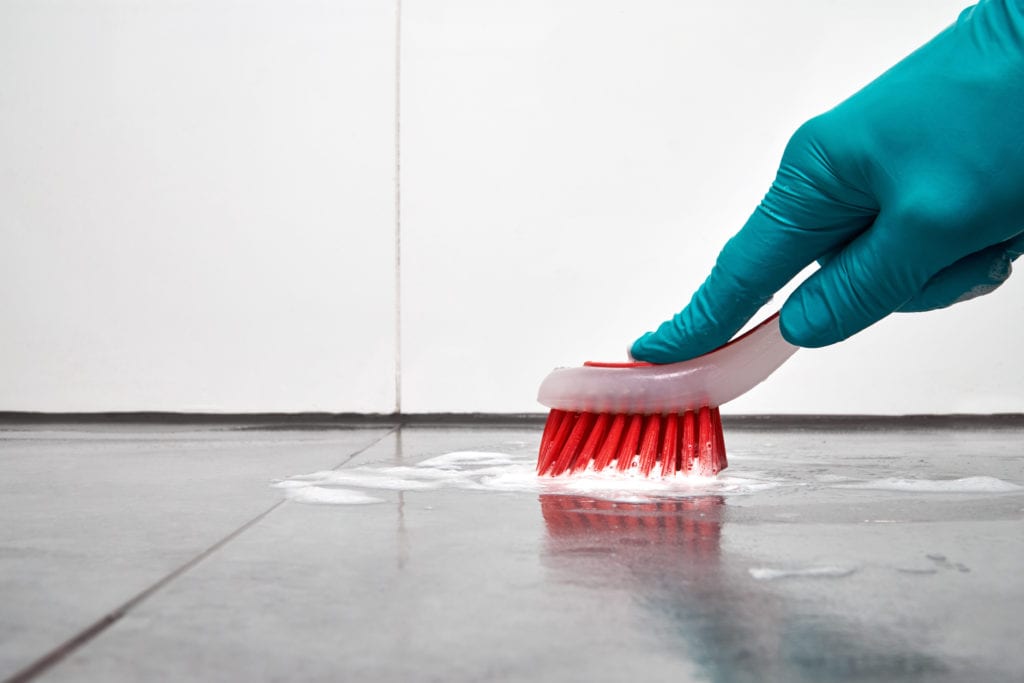


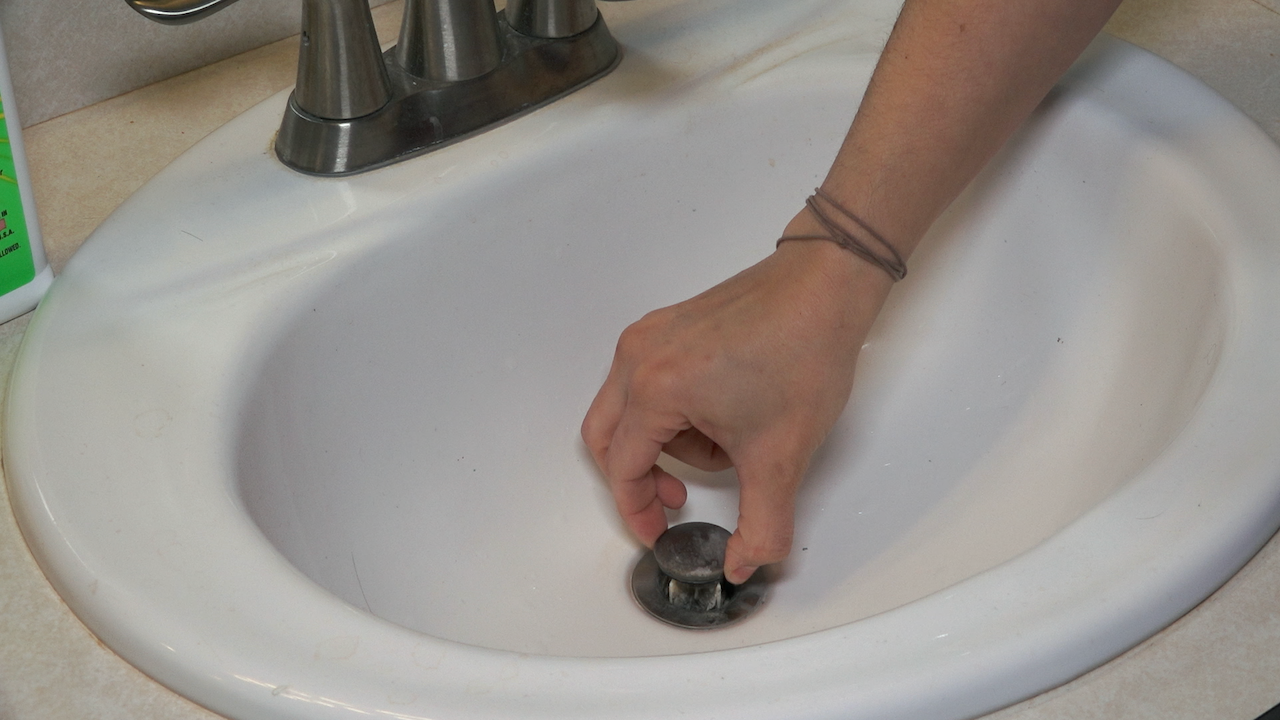





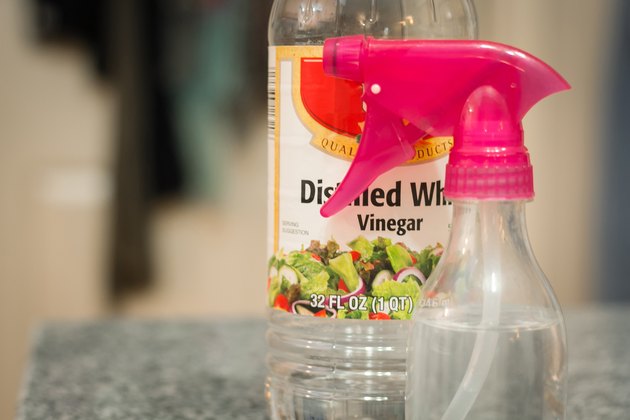





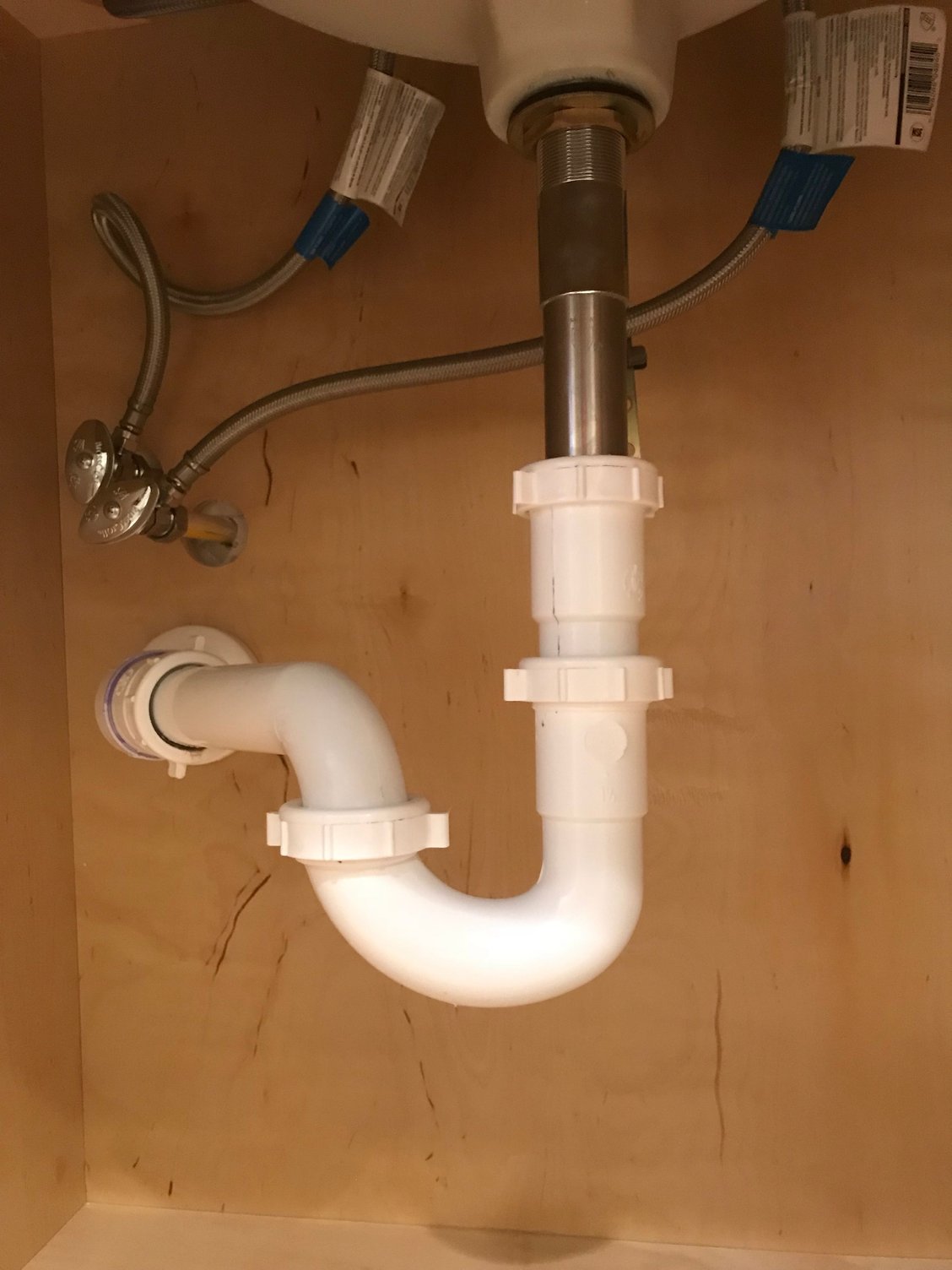

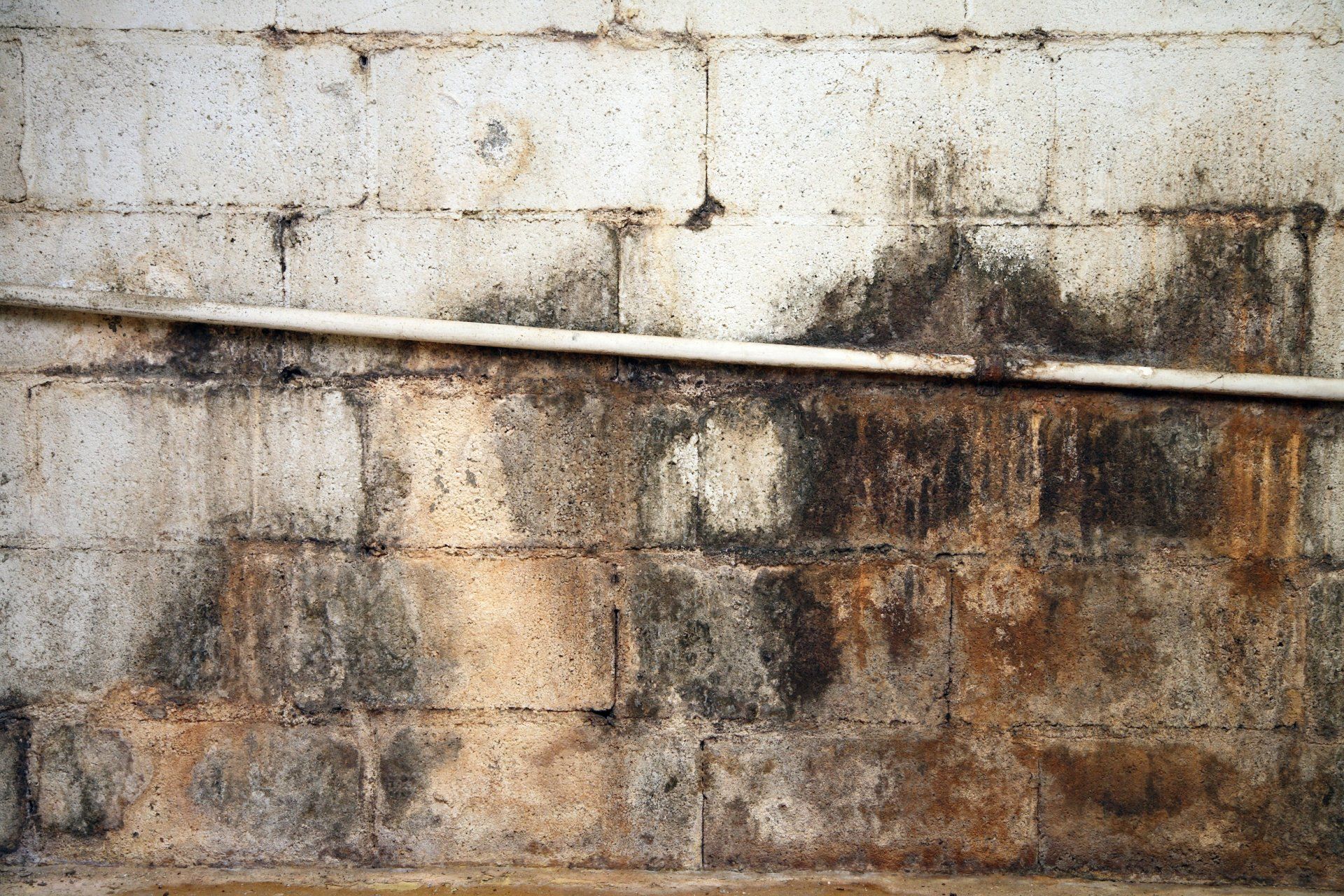
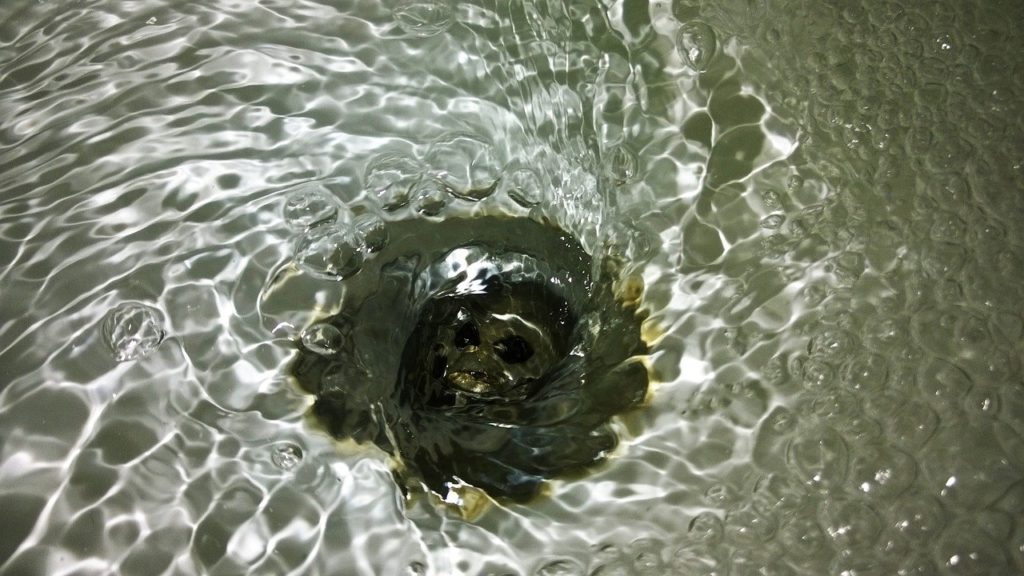


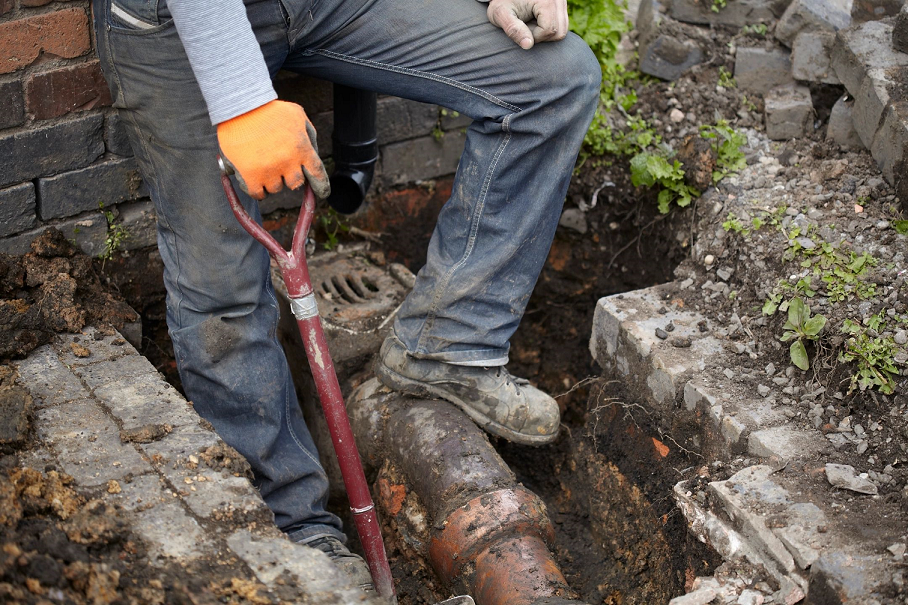





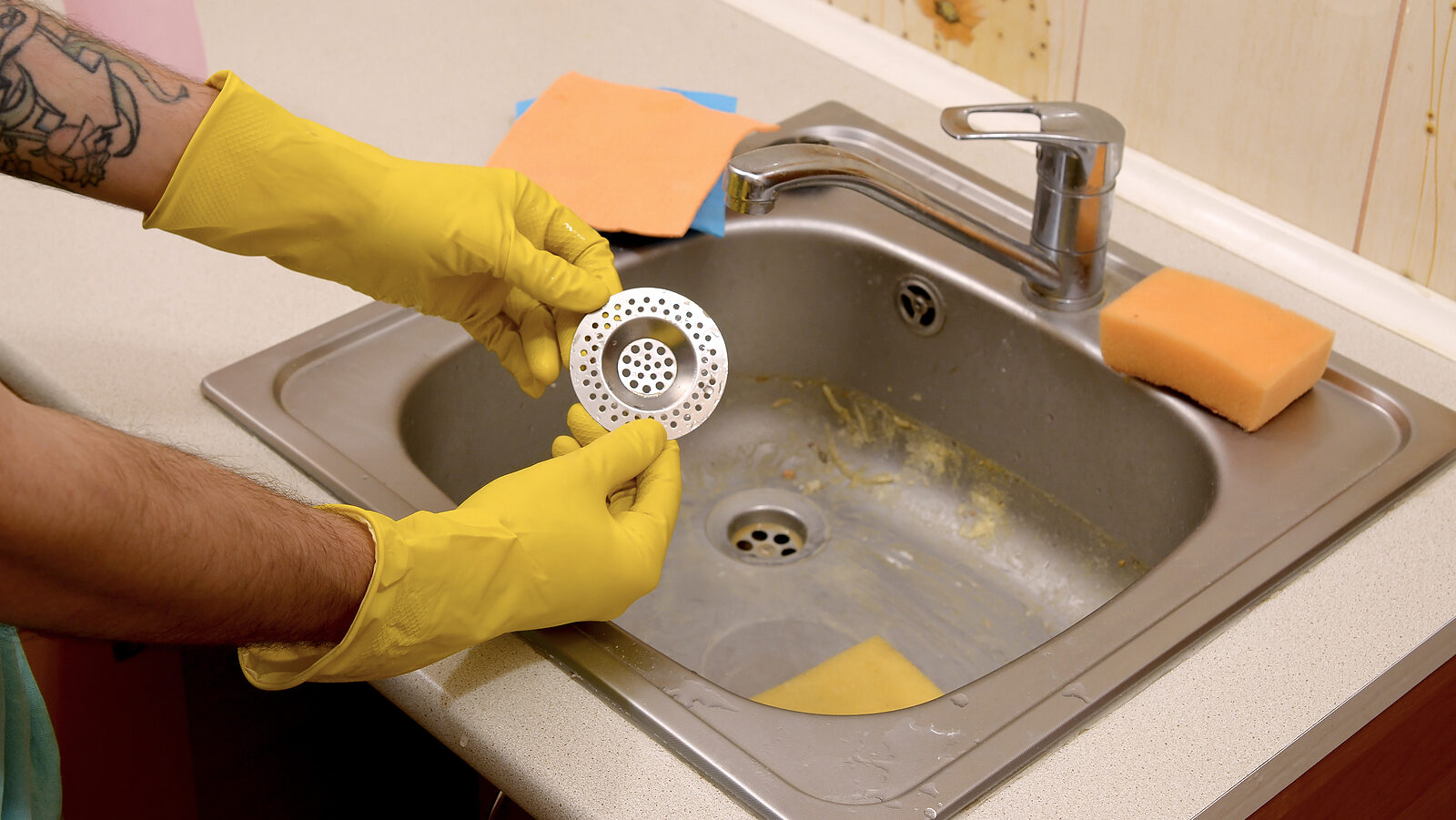



:max_bytes(150000):strip_icc()/freshen-and-unclog-drain-with-baking-soda-1900466-22-bbf940b70afa4d5abef0c54da23b1d3f.jpg)
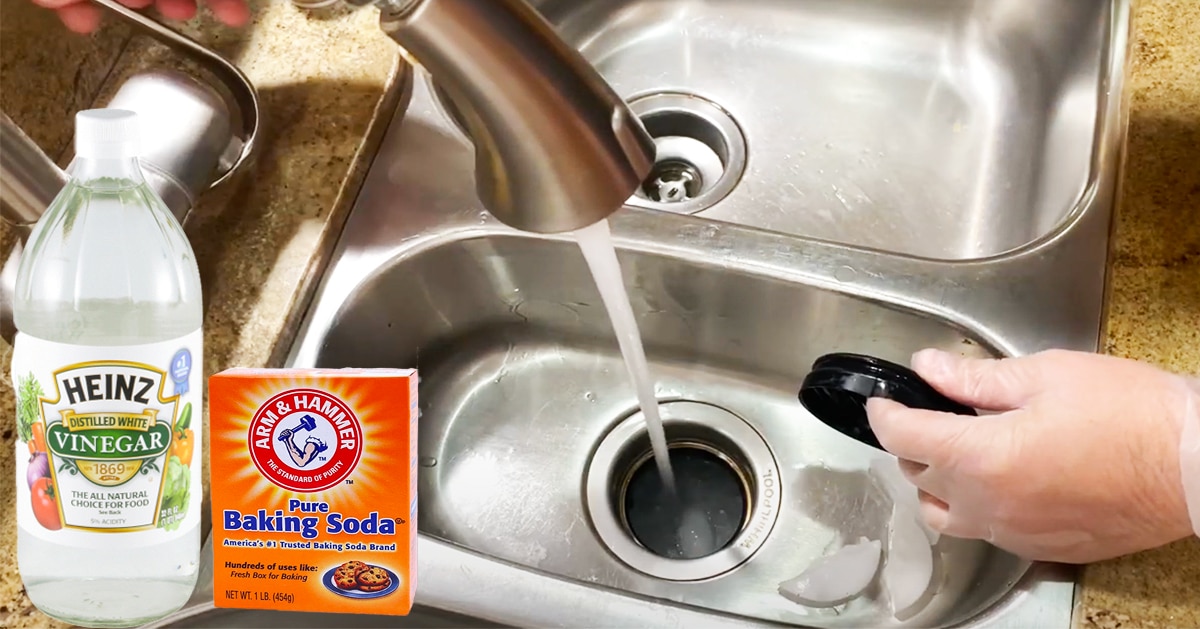




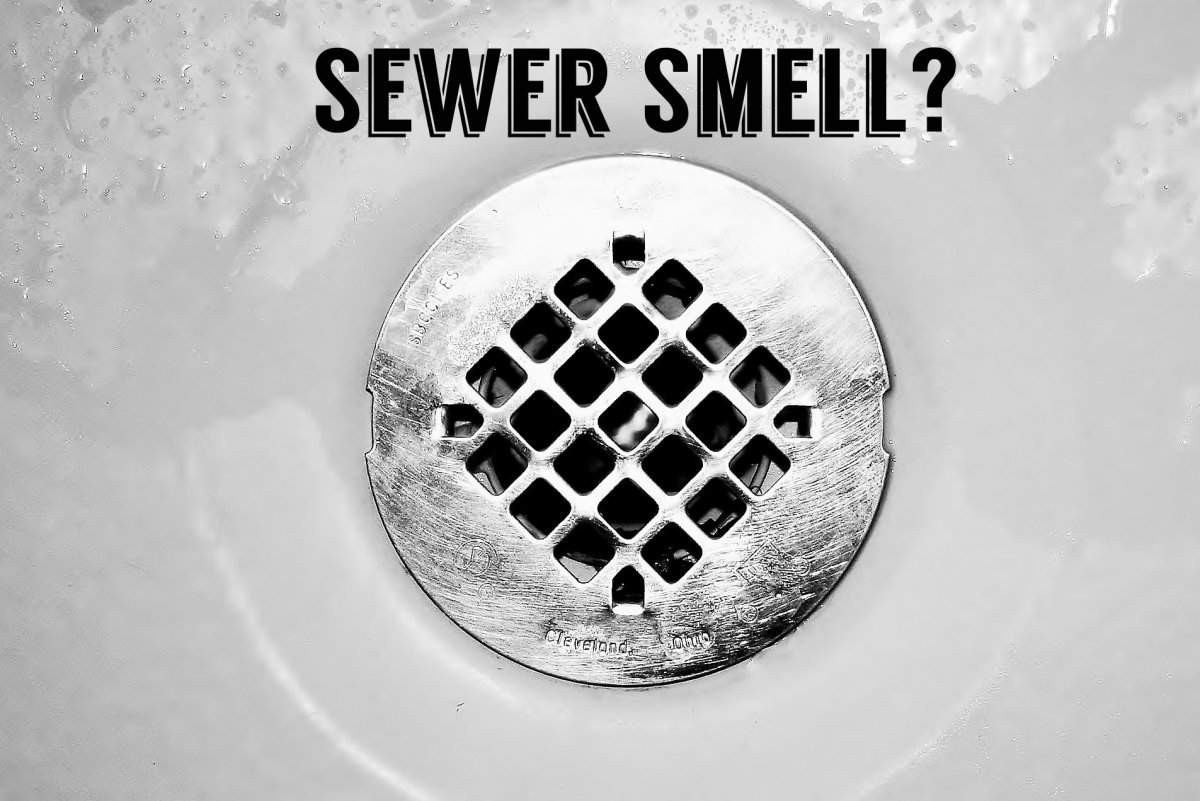


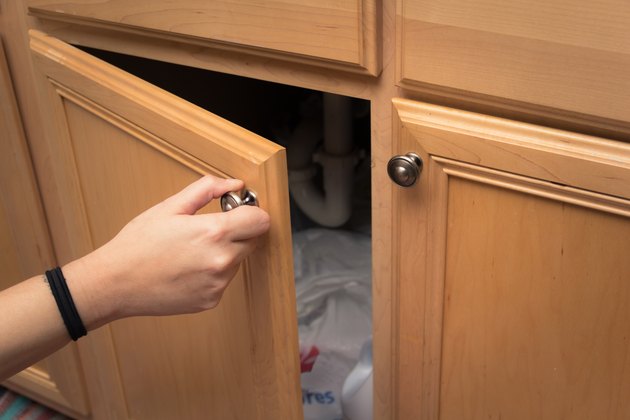

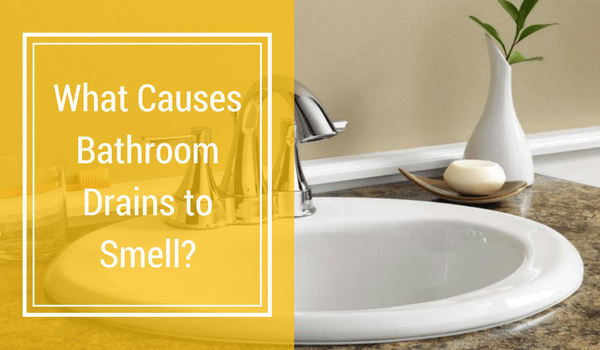









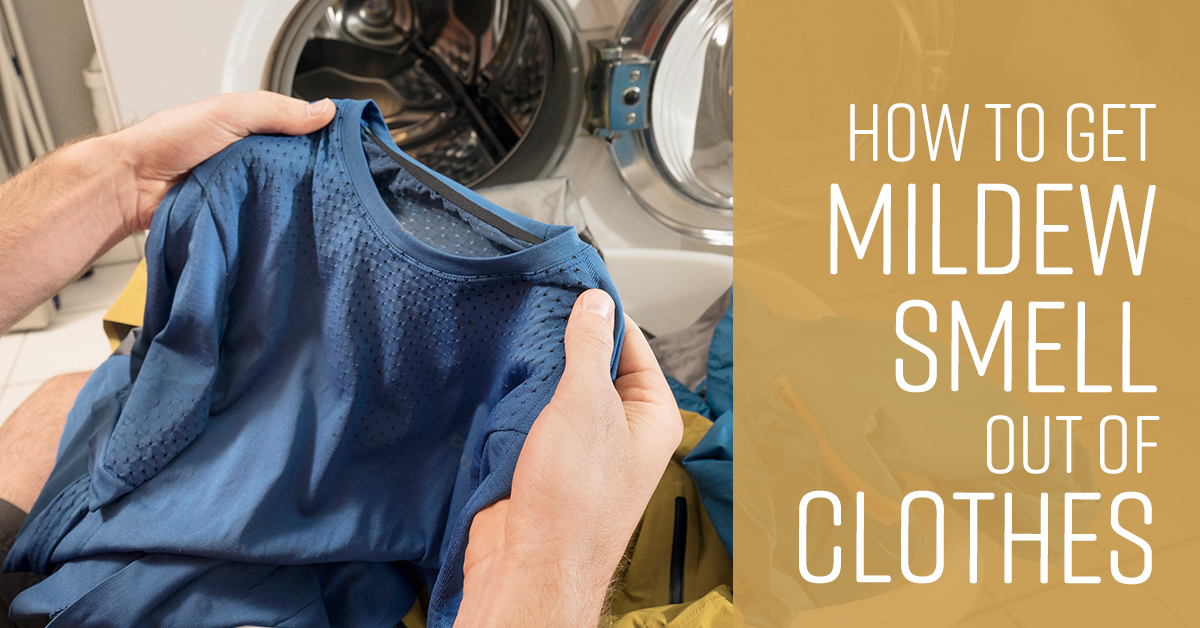


:max_bytes(150000):strip_icc()/sink-pipe-under-wash-basin-119001607-6f28aec4c66944efb7a9a38cb622ab8b.jpg)
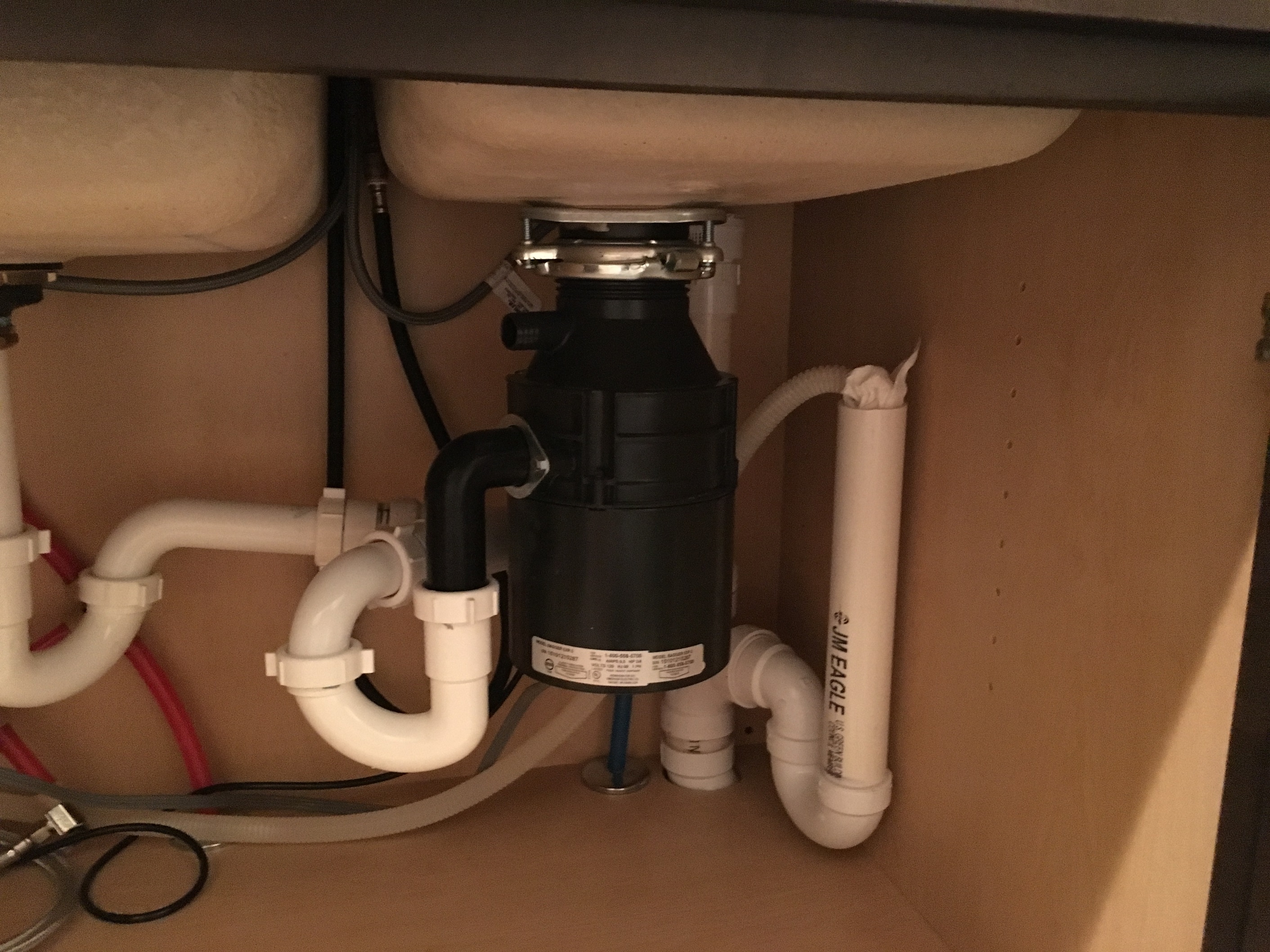

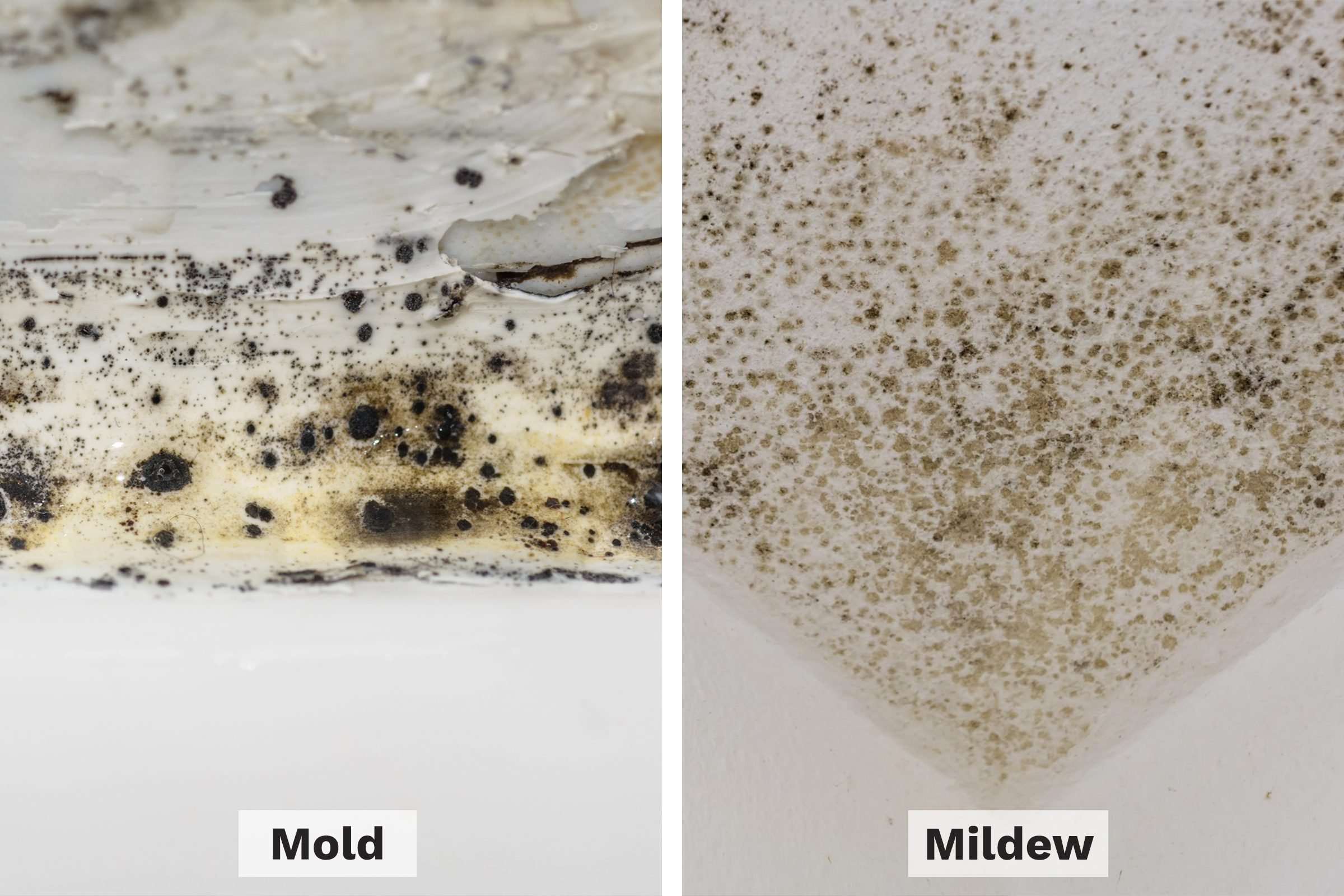







.png)









